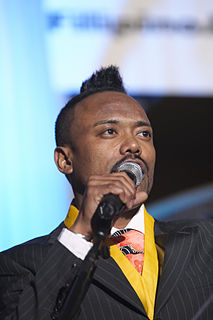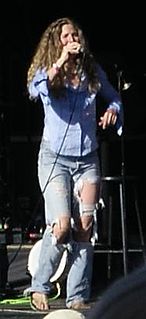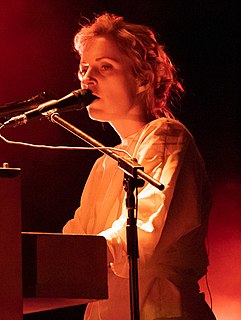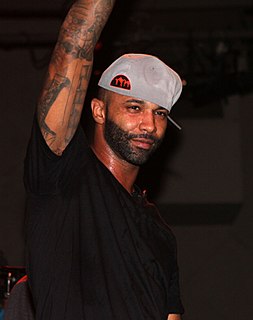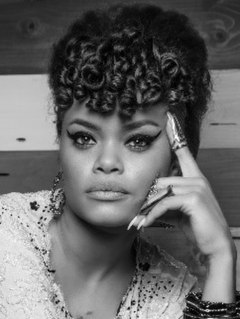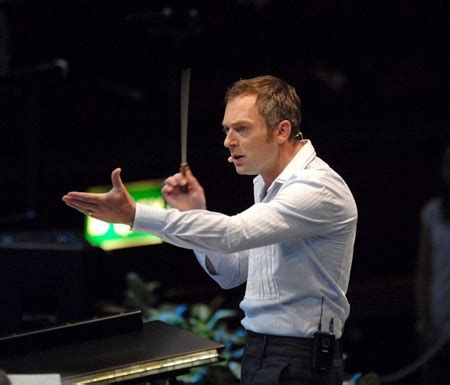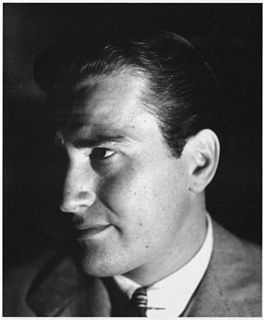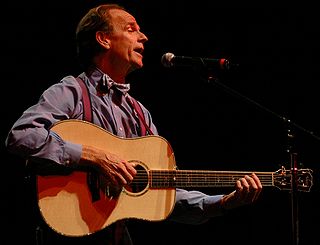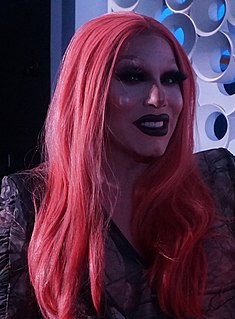A Quote by Dianne Reeves
Music is a conversation between the audience and me, and I love that about my profession.
Quote Topics
Related Quotes
The difference when I'm writing a story versus writing a joke is that writing a joke is so much more about the structure and it's less about the conversation. To me, the thing that I love about stand-up is the intimacy between performer and audience.To get it even more conversational was something that really appealed to me and that I really enjoyed doing. My early experiments with it, with just telling a story from my life on stage, it was so satisfying to do. And seemingly for the audience as well. It's a different thing, and it's a different feeling and a different vibe.
What I love most about playing in front of people has something to do with a certain kind of energy exchange. The attention and appreciation of my audience feeds back into my playing. It really seems as if there is a true and equal give and take between performer and listener, making me aware of how much I depend on my audience. And since the audience is different every night, the music being played will differ too. Every space I performed in has its own magic and spirit.
It still amazes me how many musicians aren't really interested in engaging with their audience at all. Alfred Brendel, a pianist for whom I have the greatest respect, has described performance as a sacred communion between the artist and the composer. But what about the audience? Music is communication, a two-way street.
I'm not conditioned to be an entertainer. An entertainer pleases others while an artist only has to please himself. The problem with that is artists are misunderstood by all. I'm not interested in the clarinet but in music. we speak our emotions into music. An artist should write for himself and not for an audience. If the audience likes it, great. If not, they can keep away. My situation is the same. Let them concentrate on my music and not on me. I like the music. I love it and live it, in fact. But for me, the business part of music just plain stinks.



